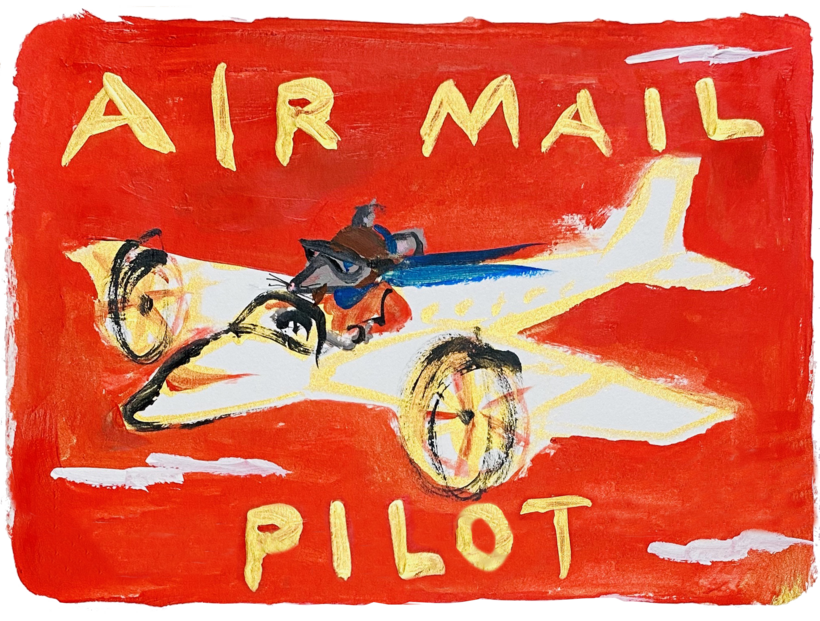Dark Horse

The last time the horse seriously rivalled man-made transport for speed was 1830, when a stagecoach won a race against America’s first domestically manufactured steam locomotive. Now, however, horsekind has had a final hurrah with a victory over what is in theory a far more formidable opponent — the broadband Internet connection.
The contest over the gently rolling hills of the Sauerland, a pretty district in western Germany, started as a joke. Klaus-Peter Kappest, a photographer from Oberkirchen, had been frustrated for years by the sluggish pace of his uploads. At 1.5 megabits per second — roughly a tenth of what now counts as high-speed broadband — it sometimes takes him several hours to send a batch of high-resolution images to his clients. “Often it’s simply cheaper to send someone to drive 62 miles in a car and deliver the pictures to the editors or the advertising agency, because it’s just not possible to do it over the Internet,” he said.

